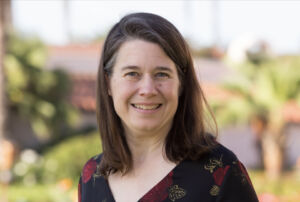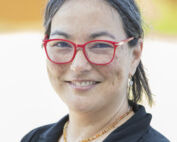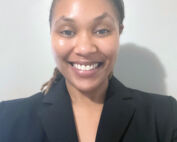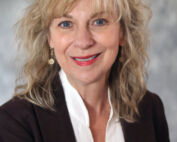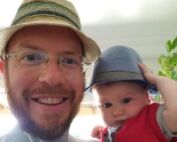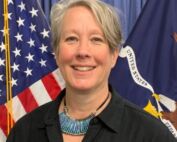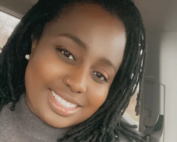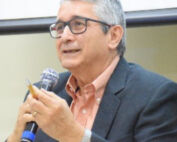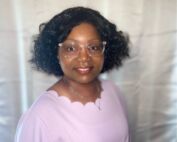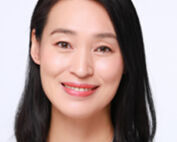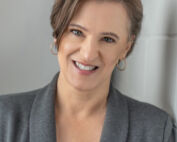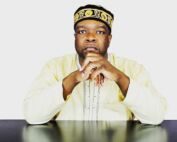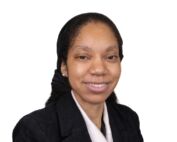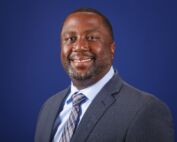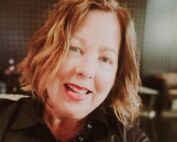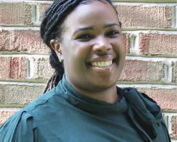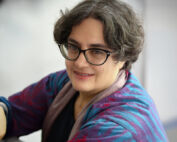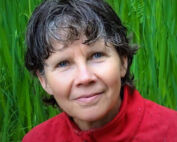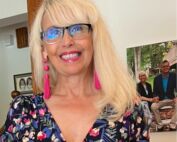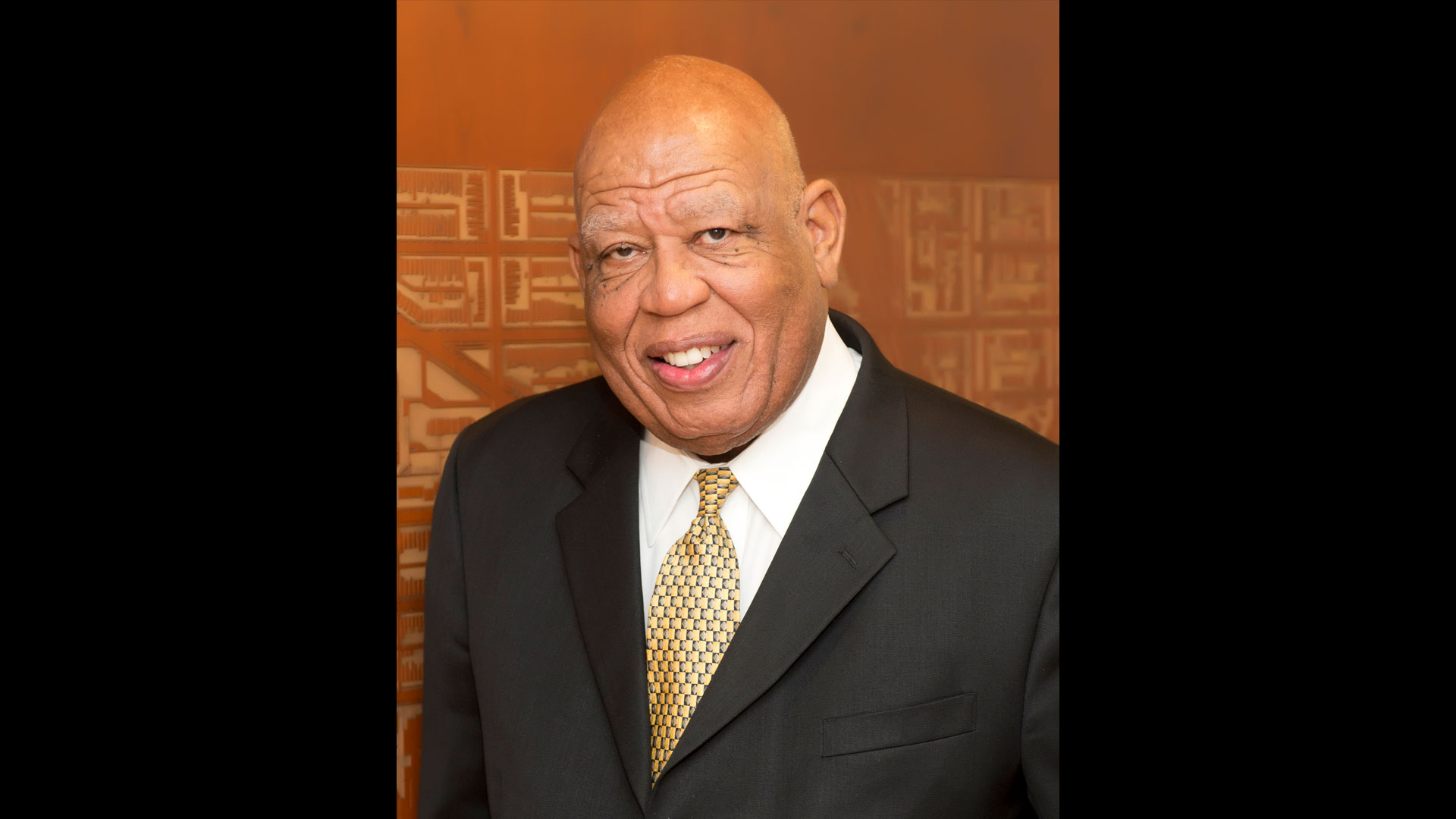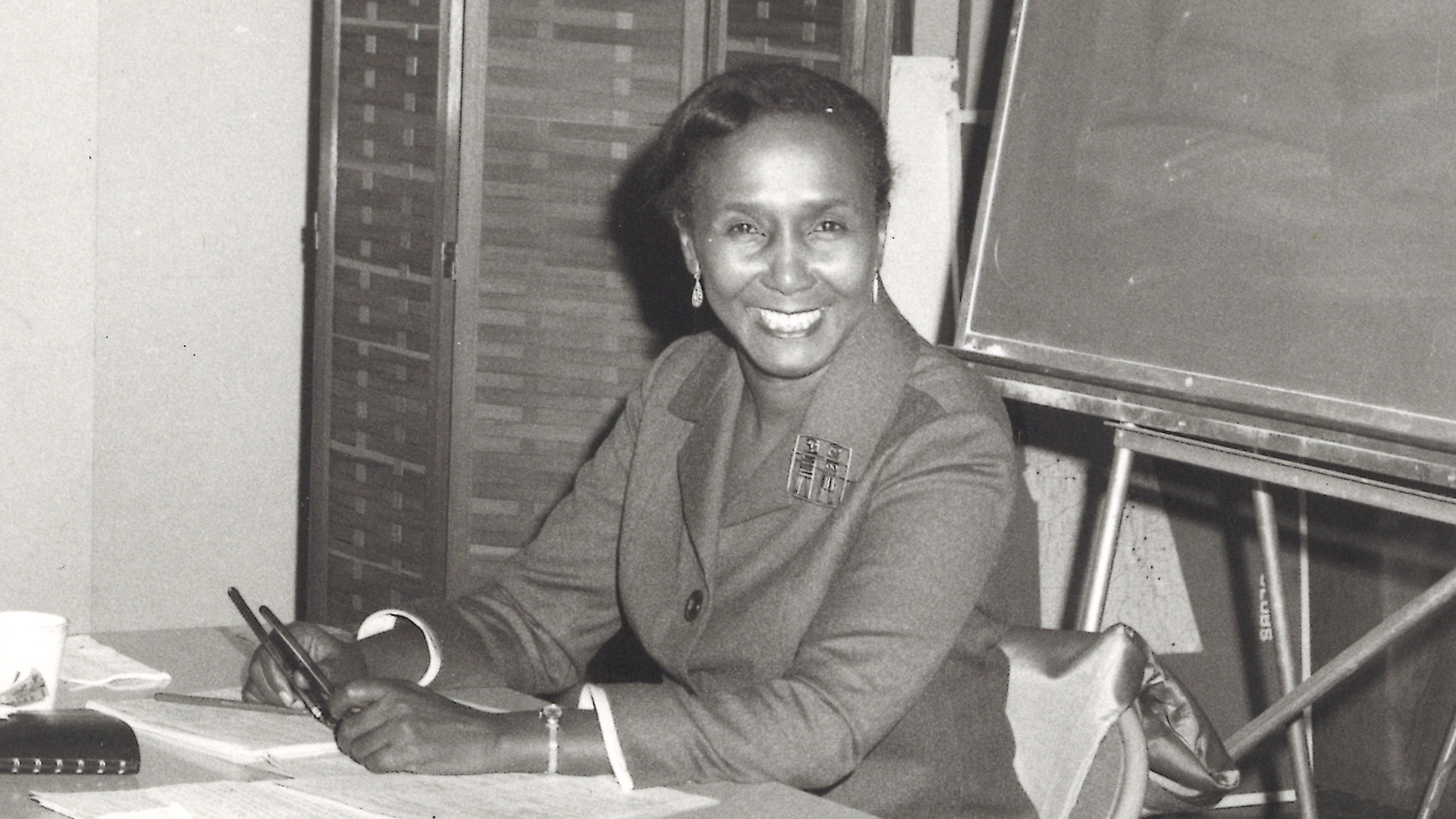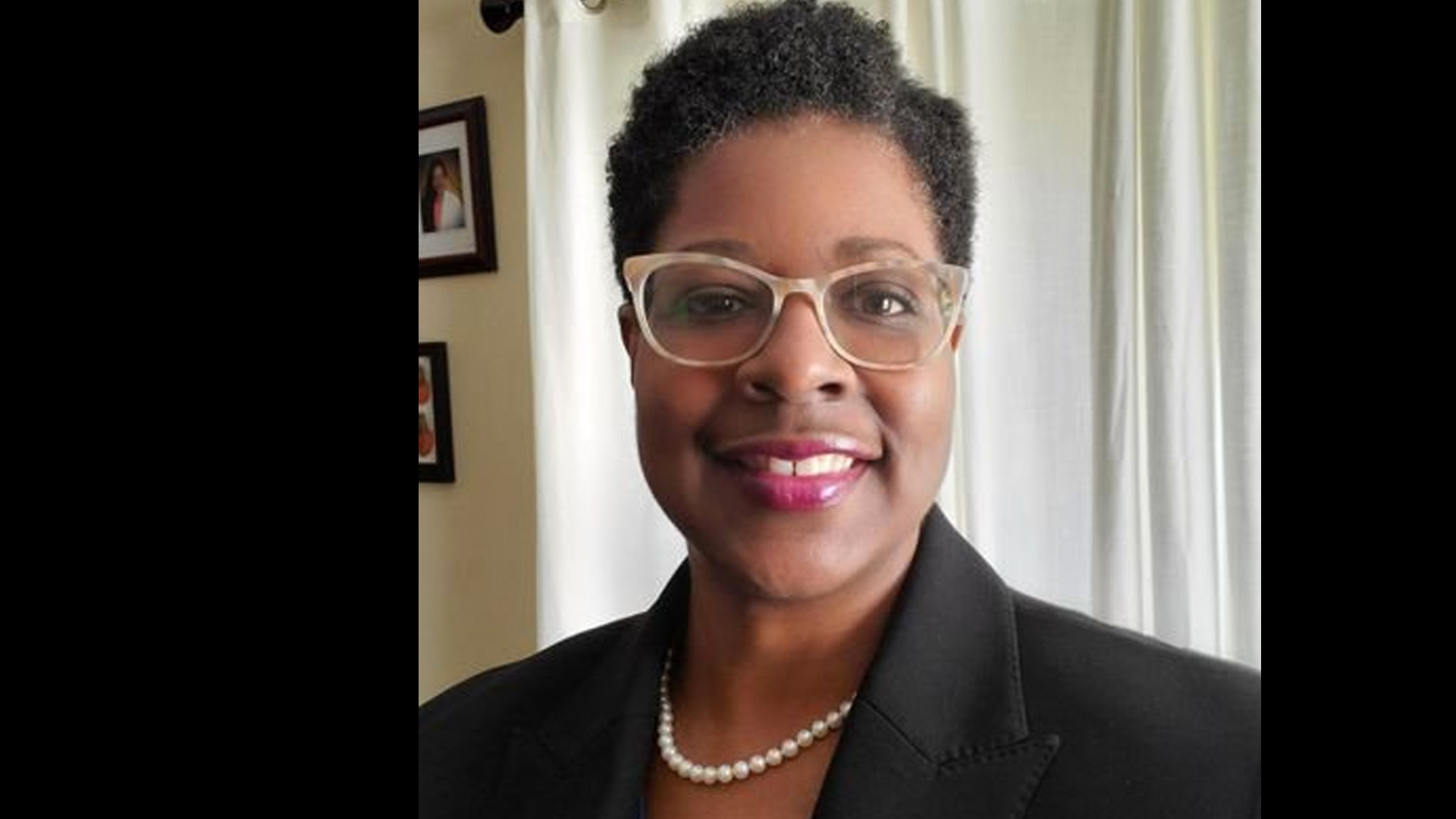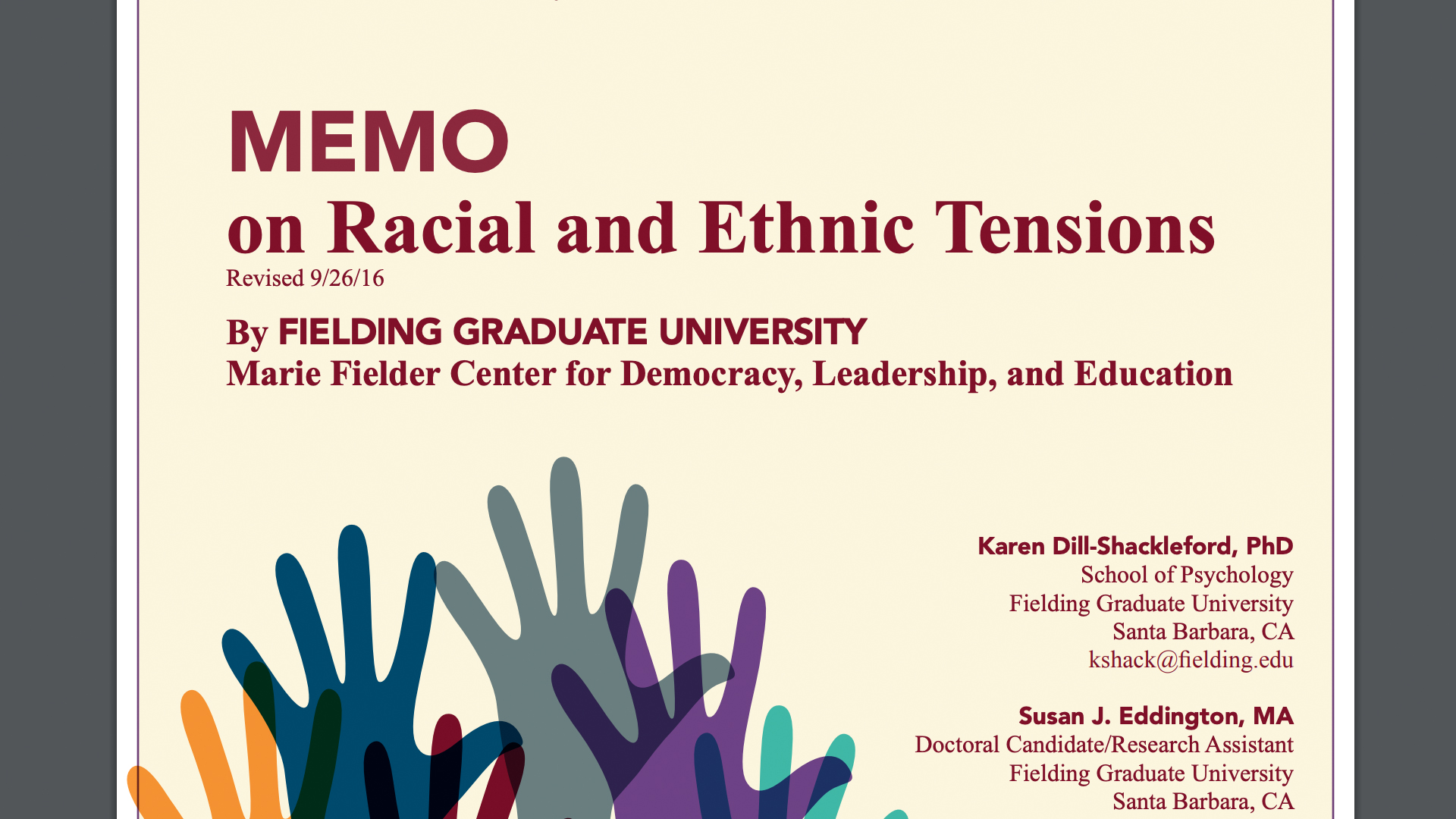Marie Fielder Center
Fielder Graduate Fellows
pictured: Fielder Fellow, Zabrina Epps (2018 cohort)
Fielder Graduate Fellows
Fielder Graduate Fellows
The Marie Fielder Center appoints current doctoral students as Fielder Graduate Fellows . These fellows are chosen through a competitive selection process from the university’s doctoral student population, based on the quality of their proposed research that aligns with the Fielder Center’s objectives. Serving for a typical term of two years, they work on a project that combines their research interests with the goals of the Fielder Center.
Fielder Graduate Fellows benefit from research and grant development guidance, professional growth opportunities, cohort meetings, and participation in Fielder Center events at national sessions. In addition to their research duties, they actively pursue external funding, publications, and presentations related to their work.
Apply To Be A Fellow
Apply To Be A Fellow
To accomplish its work, the Marie Fielder Center invites current Fielding doctoral students to apply to be Fielder Graduate Fellows. A cohort of Fellows is selected every two years through a competitive process based on the quality of proposed scholar-advocate projects aligned with the Center’s mission and goals. We are happy to invite applications for the 2025-27 cohort. Applications are due May 31, 2025.
Preference will be given to doctoral students who plan to graduate after Spring 2026 to promote the development of a supportive student cohort.
Fielder Graduate Fellows do not receive funding (except as indicated below), but as opportunities to participate in research projects arise, Fellows will be encouraged to apply, and for some projects, supplemental funding may be available.
Fielder Fellows join a cohort that will meet monthly over a two-year period, retaining the program’s benefits throughout their graduate program, and they become Fielder Alumni Fellows after graduation.
Benefits of the Fielder Fellows Program
- Join a community of scholar-advocates dedicated to social justice goals.
- Monthly cohort meetings for mutual support, professional development, and community, facilitated and mentored by the Center Director.
- Grant application support and mentoring.
- Business cards with the Fielder Graduate Fellow designation upon request.
- Access to travel support for research presentations at professional and academic conferences
- Upon graduation, access to the full Fielding Graduate University library for two years (renewable)
What is a Scholar-Advocate Project?
A scholar-advocate (sometimes called scholar-activist) uses research to improve society, inform policy and decision-making, organize in the community, impact and improve practice, and empower individuals and groups. Your scholar-advocate project should demonstrate a concrete plan to conduct research and show how you plan to use it to address social justice issues of democracy, civic engagement, and educational equity.
How to Apply to be a Fielder Graduate Fellow
Fielder Graduate Fellow applications must be submitted using the following link.
https://forms.office.com/r/bp8N2RrAcb
You will need to enter or upload separate documents for sections of the application, as indicated below. Uploaded documents can be in MS Word or Adobe PDF format. All applications must be submitted by May 31. Applicants will be contacted by June 15 for a follow-up interview with the selection committee to discover more about the scholar-advocate project. The Fielder Graduate Fellow cohort will be announced by August 31.
Your application will include:
- Your name, contact information, doctoral program, advisor name, and projected date of graduation
- Proposed Fielder Graduate Fellow project title
- (upload document) Brief description of your Fielder Graduate Fellow scholar-advocate project goals, activities, and projected outcomes, with a clear indication of how you see these aligning with the Marie Fielder Center mission and goals (up to 500 words)
- (upload document) Career goals with respect to scholarship and/or scholar-advocate activity, with a clear indication of how you see these aligning with the Marie Fielder Center mission and goals (up to 250 words)
- (upload document) Planned publications, professional presentations, social advocacy, community engagement, or other concrete outcomes of your proposed project. (up to 250 words)
- (upload document) Plans for seeking internal or external funds to support research or implementation projects (up to 250 words)
- (upload document) CV or resume
- (upload document) One Fielding faculty reference that addresses your scholarly achievements, scholar-advocate experience, preparation to complete your Fielder Graduate Fellow proposed project, and how you will be prepared to carry it out while completing your doctoral program.
- Engaging with the Fielder Center Community (optional questions but highly recommended)
- What special skills, experiences, knowledge, abilities, connections, or other resources do you have that you think another Fielder Center Fellow might find helpful? Think broadly—this could be almost anything – musical skills, family or career experience, a former neighbor or friend, etc.
- What key skills, experiences, knowledge, abilities, connections, or other resources that you don’t currently have would allow you to carry out your scholar-advocate project and meet your goals?
To submit your Fielder application, please go to:
https://forms.office.com/r/bp8N2RrAcb
If you have questions regarding the Fielder Center, the Fielder Graduate Fellows program, or the application process, please contact the Fielder Center Director, Dr. Katie McGraw, at kmcgraw@fielding.edu.
Fielder Graduate Fellows
Fielder Graduate Fellows
The Fielder Center is proud to have the following Fielder Graduate Fellows:
In the News
In the News
About Dr. Marie Fielder
Dr. Marie Fielder was one of the most influential women in the history of California education.
Dr. Marie Fielder was one of the most influential women in the history of California education. Through her vision and commitment to justice throughout her lifetime and 60-year career, Dr. Fielder inspired many and left an indelible mark on the entire nation.
She was the first African American woman with a doctorate to teach in the San Francisco Bay Area and one of the first researchers who documented cultural bias in IQ tests. She helped the Berkeley public schools become the first in the nation to desegregate through two-way busing—one of her proudest accomplishments. She was also a member of the Founding Board of Trustees at Fielding.
In the 1960s and 1970s, Dr. Fielder contributed to the work of such civil rights leaders as Martin Luther King Jr. and Whitney Young. She also advised numerous government and civil-rights organizations.
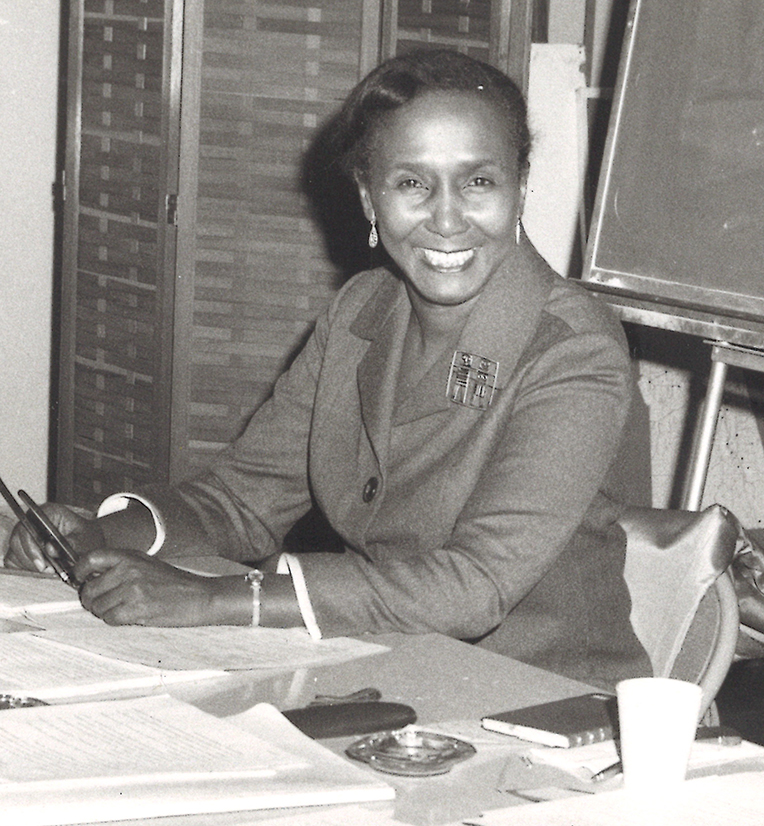
Join Over 7,500 Fielding Alumni Located Around The World!
Change the world. Start with yours.™
*All Fields are required. By submitting this form, you agree to be contacted regarding your request and are confirming you agree to our Terms of Use and Privacy Policy.
